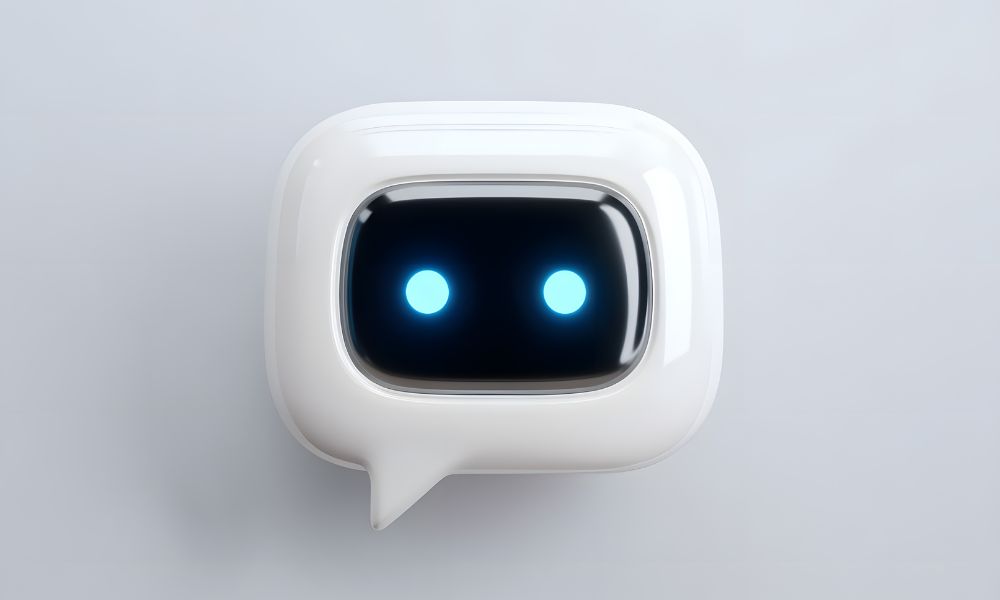AI chatbots are transforming how businesses engage with customers by creating smarter and more efficient experiences. Leveraging artificial intelligence, natural language processing, and machine learning, these chatbots provide instant support, personalized guidance, and operational efficiency. Their growing adoption spans multiple sectors, including retail, healthcare, education, and local services.
How AI Chatbots Work
AI chatbots process text or voice inputs using complex algorithms to interpret user intent and context. Machine learning allows ai chatbot to improve their responses over time by analyzing past interactions. Predictive analytics enhance their ability to anticipate customer needs, providing proactive suggestions and solutions.
Local businesses, such as a Fort Worth, TX Laundromat, use AI chatbots to answer operational questions, schedule machine usage, and deliver real-time service updates. This reduces wait times, increases customer satisfaction, and allows staff to focus on complex tasks that require human judgment.
AI chatbots are capable of handling multiple interactions simultaneously. Large-scale businesses can manage thousands of customer inquiries daily without adding additional staff. This scalability makes chatbots an efficient solution for both high-traffic online platforms and small local services.
Advantages of Smarter Chatbot Experiences
One significant advantage of AI chatbots is efficiency. They operate 24/7, offering instant responses and consistent communication. This ensures that customer queries are addressed promptly, regardless of business hours. Cost efficiency is another benefit, as companies can reduce customer service expenses by up to 30%.
Chatbots also enhance user experience. They provide personalized interactions based on past behavior, predict user needs, and guide customers through services efficiently. For example, a Fort Worth, TX Laundromat can use a chatbot to inform customers about pricing, machine availability, or membership options instantly, improving convenience and engagement.
Operational workflows are optimized through automation. Routine tasks such as answering common questions, scheduling, and processing simple transactions can be handled by chatbots, reducing human error and freeing employees to focus on specialized or complex inquiries.
Emerging Trends in AI Chatbots
In 2025, AI chatbots are evolving to deliver more human-like interactions. Advanced natural language understanding allows chatbots to comprehend tone, context, and sentiment, resulting in more accurate responses. Voice-enabled chatbots provide hands-free interaction through smartphones and smart devices, enhancing accessibility.
Multilingual capabilities are expanding, allowing businesses to serve diverse audiences efficiently. Hybrid chatbots, which combine AI automation with human support, ensure that complex or sensitive queries are escalated seamlessly to human agents. Predictive analytics integration enables proactive engagement, offering recommendations and solutions before users request them.
Integration with Internet of Things (IoT) devices is another innovation. Chatbots can monitor equipment, automate routine tasks, and provide real-time updates. Local businesses, including a Fort Worth, TX Laundromat, can use IoT-enabled chatbots to track machine usage, alert staff for maintenance, and optimize scheduling automatically, improving efficiency and reducing downtime.
Challenges in Implementing AI Chatbots
While AI chatbots offer many advantages, challenges remain. Accuracy can be limited in complex or ambiguous interactions. Misinterpretation of queries can result in incorrect or irrelevant responses. Security and data privacy are critical, as chatbots handle sensitive customer information. Compliance with regulations such as GDPR and CCPA is essential to protect personal and financial data.
System integration requires careful planning. Chatbots must work seamlessly with databases, CRM platforms, and communication tools. Continuous monitoring and regular updates are necessary to ensure performance, relevance, and accuracy as services evolve.
Future Innovations
The future of AI chatbots includes enhanced predictive capabilities, energy-efficient designs, and deeper contextual understanding. Advanced algorithms will allow chatbots to anticipate user requirements, provide proactive solutions, and optimize workflows in real-time.
AI chatbots are expected to integrate more deeply with daily devices and services, including smart home systems, healthcare monitoring, and local service platforms. Predictive analytics will enable tailored solutions and proactive customer engagement. Local enterprises, such as a Fort Worth, TX Laundromat, can leverage these innovations to manage resources, improve scheduling, and provide superior customer service.
FAQs About AI Chatbots
What is an AI chatbot?
An AI chatbot is a software application that uses artificial intelligence to simulate human conversation. It can process text or voice input and respond automatically.
How do AI chatbots improve experiences?
They provide instant, personalized support, manage routine tasks, and anticipate customer needs, saving time and improving satisfaction.
Are AI chatbots secure?
Proper encryption, data protection policies, and compliance with regulations such as GDPR or CCPA are essential to ensure security.
Do AI chatbots replace human staff?
AI chatbots complement human employees by handling routine inquiries while humans focus on complex or sensitive issues.
Where are AI chatbots used locally?
Businesses in Fort Worth, TX, including laundromats, retail stores, and service providers, use AI chatbots to enhance operations and customer engagement.
Conclusion
AI chatbots are redefining customer interaction by creating smarter, more efficient experiences. They improve operational workflows, reduce costs, and enhance user satisfaction with instant, personalized support. Emerging trends such as voice-enabled chatbots, multilingual capabilities, hybrid systems, and IoT integration expand their functionality across sectors. While challenges like accuracy, data security, and system integration exist, technological advancements continue to enhance performance. Local businesses, including a Fort Worth, TX Laundromat, can leverage AI chatbots to optimize operations, manage resources, and deliver superior service. AI chatbots are becoming indispensable tools for businesses aiming to provide efficient, intelligent, and customer-focused experiences.
